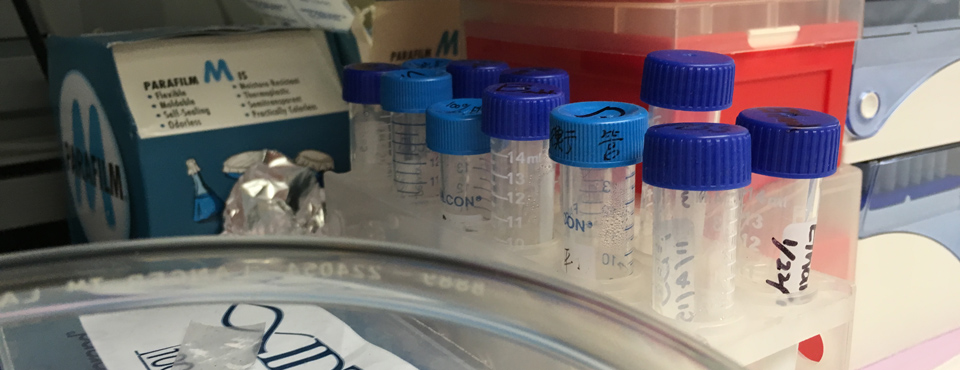Why Veterinary Labs Are Crucial for Preventative Pet Care
Why Veterinary Labs Are Crucial for Preventative Pet Care
Blog Article
Pets are family, and caring for their needs takes proactive care. Pet health labs play a crucial role in ensuring proper care for companion animals.
This article, we’ll discuss how diagnostic testing supports pet health and highlight the most common exams.
How Do Veterinary Laboratories Work?
Animal health testing facilities support veterinary care for testing biological materials. Vets rely on their findings to tailor care to the pet’s needs.

How tests are conducted usually includes:
- Gathering biological samples: Specimens from pets are prepared for analysis.
- Laboratory analysis: Experts using equipment provide results.
- Reporting outcomes: Labs share results with veterinarians for better care.
Key Diagnostics for Pet Health
Veterinary labs offer many tests to manage chronic problems. Popular tests include:
- Hematology panels: Monitor immune responses.
- Urinary health exams: Identify dehydration.
- Gut health screenings: Detect worms or parasites.
- Allergy testing: Address skin issues.
- Imaging diagnostics: Detect tumors or growths.
laboratorio veterinario conselheiro moreira de barros
laboratório veterinlaboratorio de exames veterinarios
Why Diagnostic Exams Are Essential
Consistent lab work improves pet care. By addressing concerns promptly, your pets stay healthier longer.

Additional benefits include:
- Proactive care: Health problems are minimized.
- Lower medical expenses: Early detection reduces expenses.
- Knowing your pet is well: Stay ahead of potential issues.
Conclusion: Veterinary Labs as a Cornerstone of Pet Health
Pet health labs provide the foundation for accurate diagnoses. By scheduling routine tests, you protect their well-being.
Schedule a diagnostic exam now and give your furry friends the best care possible!
Report this page